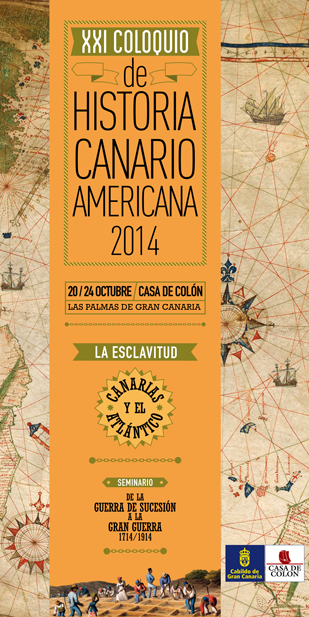24 de junio de 1814. La hora 25 de Pierre Cuneo D'Ornano, cónsul de Francia en Tenerife. El último informe al gobierno de París sobre las condiciones de los franceses en Canarias / June 24, 1814. The twenty-fifth time for Pierre Cuneo D'Ornano, French...
Palabras clave:
teniente Rey, La Laguna, Cádiz, presos, lieutenant King, prisonersResumen
El 24 de junio de 1814, ya al final de la guerra que había opuesto a la Francia de Napoleón la coalición en la que España fue un aliado de Inglaterra junto con Rusia, Prusia, Austria y Portugal, y mientras esperaba para volver a casa, el Cónsul de Francia ante las Canarias, Pierre Cuneo d'Ornano, de origen Córcega, vinculado al emperador francés por lazos familiares, ya de avanzada edad —tenía 72 años— escribió un informe final a su gobierno sobre el estado de la vida de la comunidad francesa en las islas Canarias. Una comunidad que se había incrementado desde el español había enviado más de 2.000 prisioneros de guerra franceses obligados a permanecer en Tenerife, Gran Canaria y La Palma. Muchos de ellos fueron también introducidos en la población local practicando los oficios para los que fueron educados en la vida civil, otros murieron de hambre y agotamiento. El mismo cónsul había sufrido prisión en un castillo y su casa y habían sido violados los documentos de su oficina. Algunos franceses habían muerto en la insurgencia calle.
On June 24, 1814, already at the end of the war that had opposed the Napoleon's France to the coalition in which Spain was an allied of England together with Russia, Prussia, Austria and Portugal, and while he was waiting to return home, the Consul of France to the Canary, Pierre Cuneo d'Ornano, of Corsica origin, linked to the French emperor by family ties, already advanced in years —he was 72— wrote a final report to its government on the status of the French community living in the Canary islands. A community which had increased since the Spanish had sent more than 2,000 French prisoners of war forced to stay in Tenerife, Gran Canaria and Las Palmas. Many of them were well introduced among the local population practicing the crafts for which they were educated in civilian life, other died of hunger and exhaustion. The same Consul had suffered imprisonment in a castle and his house and the documents of his office had been violated. Some French people had been killed in a street insurgency.




